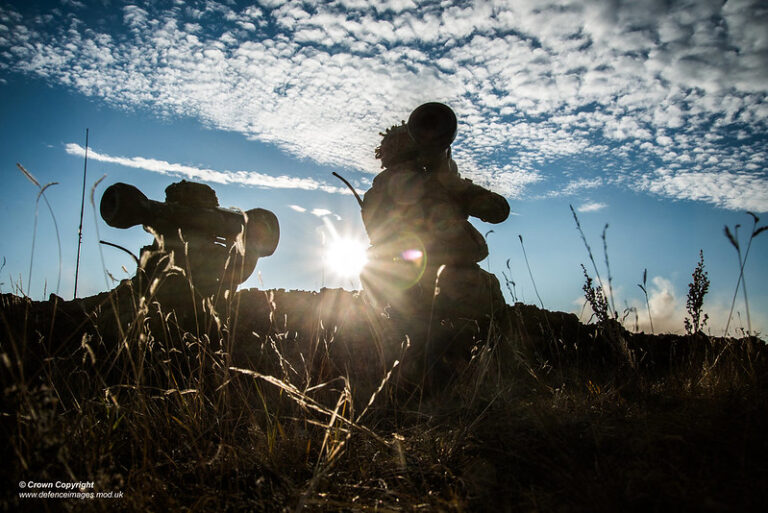Implications of COVID-19 for Conflict in Africa
How has the COVID-19 pandemic affected armed conflict and political violence within countries? Focusing on Africa, a continent with a particularly high number of ongoing conflicts, this policy brief analyses the immediate and long-term implications of the pandemic on conflict and reflects on its implications for international peacebuilding efforts.

